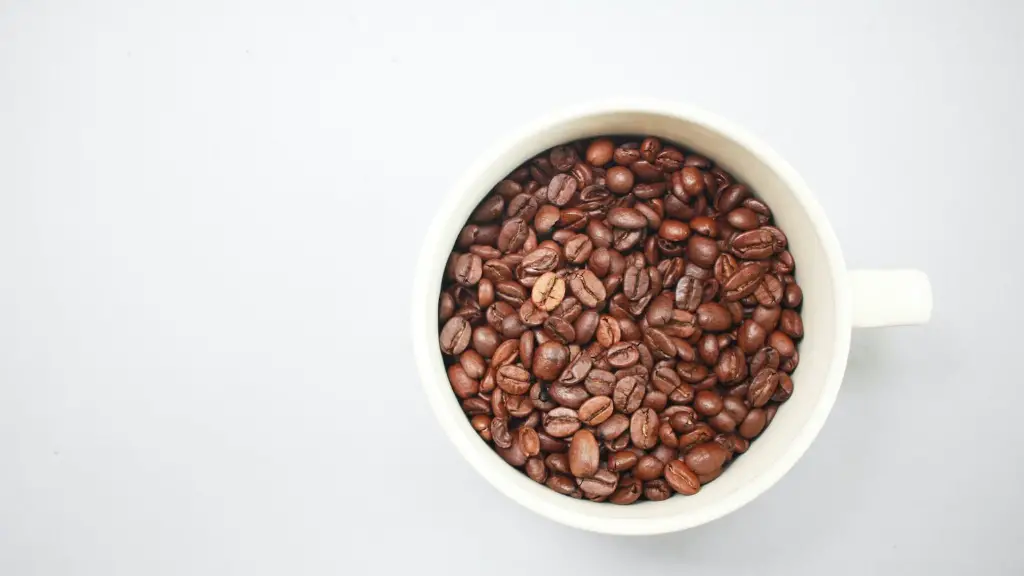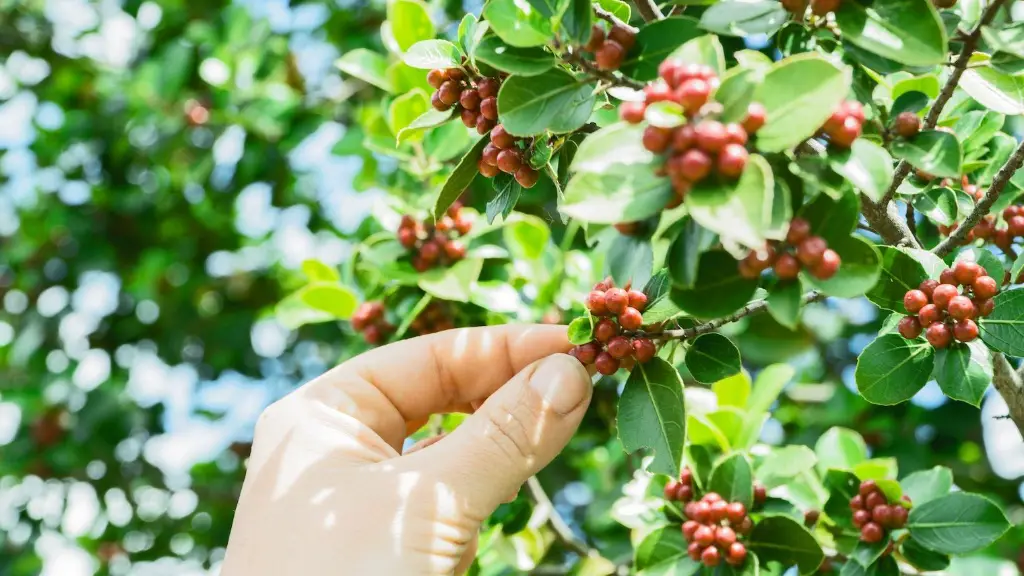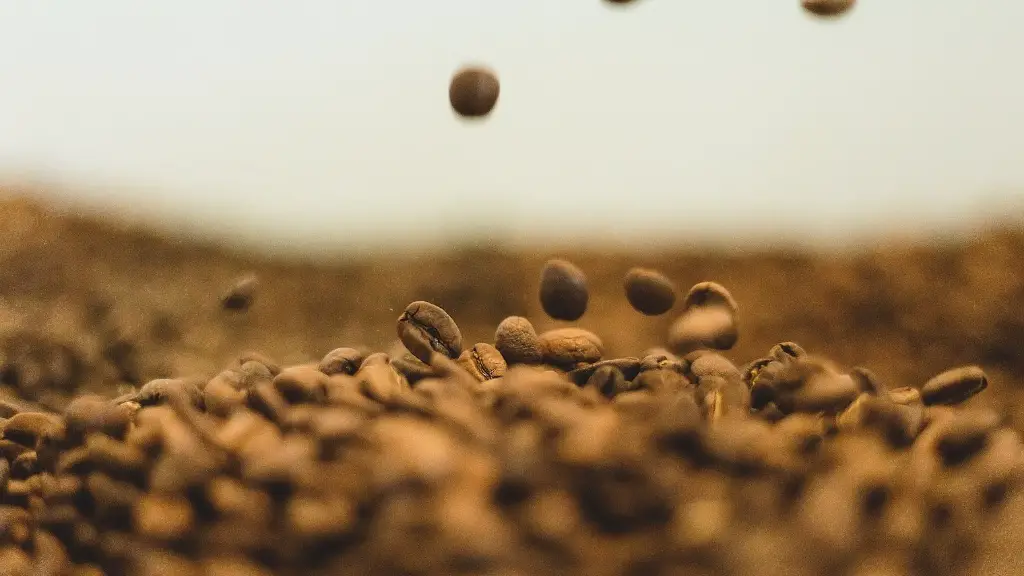For many people, drinking coffee and then sleeping almost immediately after is a mystery. It is one of the unexplained rituals that we perform unknowingly on a daily basis. It is widely accepted that coffee is a stimulant, increasing alertness and cognitive performance; something that should increase energy levels and make sleep unnecessary. So why do we feel so sleepy after drinking coffee?
It is first important to understand caffeine itself. Caffeine is a naturally occurring stimulant molecule found in coffee, tea and highly caffeinated drinks such as Red Bull and Monster. It works by blocking adenosine, which is a hormone that our bodies naturally produce to signal that we are feeling drowsy. This means that drinking coffee can give us the perception of being energized and less fatigued, making us more alert and focused. However, once the effects of the caffeine have worn off and the levels of adenosine have increased again, we can therefore start to feel tired and drowsy.
We are also influenced by the habits and rituals we form. Consumption of coffee is often associated with comfort and can be used to reward ourselves after completing a task, or mark the start of a shift at work. This comfort signaling can help to explain why we might feel tired after drinking coffee as our body is expecting the diversion from its natural routine. This is further supported by our body’s biological clock. Caffeine consumption can have an effect on our circadian rhythm, shifting it by a few hours, which could also explain why we feel tired after coffee.
Research has further highlighted how coffee consumption can impact our sleep quality and duration. Studies have suggested that caffeine can have a significantly negative effect on insomnia, reducing sleep duration by approximately 1 hour, as well as increasing the number of times we wake up during the night. It is also suggested that slowly building up a tolerance to caffeine can help us to reduce the effects on our sleep patterns.
There is also the possibility that the sleepiness phenomenon is solely psychological. Over a period of time, it may become increasingly difficult to differentiate between being actually being energized by the coffee, or simply the anticipation and excitement of drinking it. This has the potential to lead to an automatic response of feeling tired and drowsy, without actually needing the rest.
Sensitivity to Coffee
It is also important to acknowledge that we are all affected by caffeine in different ways. Our sensitivity to caffeine can vary drastically depending on factors such as age and sex due to differences in our metabolism and neurochemistry. Women for example, have primarily been found to be more sensitive to its effects, due to their hormonal fluctuations as a result of their menstrual cycle. Older adults, on the other hand, may experience more extreme levels of drowsiness due to the natural aging of their CNS.
It is also been suggested that drinking coffee on an empty stomach causes the caffeine to be absorbed quicker, leading to a greater spike in energy levels but an increased chance of feeling tired and drowsy. Consuming caffeine along with some food however, could slow down the absorption rate and reduce the effects on our energy levels throughout the day.
Knowing your own body and the effects that your own coffee drinking habits can have on it is paramount. It is beneficial to understand the routine that you have constructed for yourself around coffee, and maintain a balance by recognizing when you need to take a break and rest. With this knowledge, you can ensure you are getting enough rest from drinking coffee, and not feeling fatigued and drowsy.
Personal Analysis
In my own experience, I have personally seen the effects that caffeine has had on my sleep. As someone who struggles with feelings of anxiety and depression, I find myself using coffee to cope with both of these conditions as a means of self-medicating. As a result of this, I find myself only experience short periods of alertness, followed by feeling very drowsy and fatigued.
I have now begun to scale back on my daily caffeine intake, experimenting with different types of drinks, such as matcha powder, herbal teas and decaffeinated coffees. I am gradually beginning to feel more energized throughout the day, while I am also sleeping more soundly during the night. As a result of this I feel refreshed throughout the day and consequently more productive.
Diet and Nutrition
Quitting caffeine is not for everyone. If you do decide that you are going to drink coffee, then there are certain dietary and nutritional adjustments you can make alongside it to prevent the tiredness and drowsiness associated with it. Incorporating foods and drinks that contain tryptophan into your diet may help to reduce feelings of tiredness as tryptophan is an essential amino acid our body needs to produce serotonin. This can be found in foods such as eggs, nuts and dairy products. Additionally, B-vitamins can help to improve our body’s response to stress and caffeine, making them an effective accompaniment to coffee.
Mental and Physical Exhaustion
It should always be remembered that tiredness after coffee is normal and can be caused by various factors. If however, you feel excessively tired, then it is important that you take notice of your mental and physical health and look at wider lifestyle changes which may be causing exhaustion. Taking regular short breaks, regular exercise as well as getting an adequate amount of sleep can be beneficial when dealing with excessive levels of tiredness.
Habits and Attitudes
The way we think and feel about coffee can also have a significant impact on our energy levels and alertness. Creating a positive attitude towards coffee will help to ensure you can enjoy it without feeling sleepy afterwards. A simple way of doing this could be finding healthy shifts and alternatives to using coffee. This could include incorporating lighter teas such as green tea to help reduce the effects of caffeine on our body.
Regular Sleep Patterns
Keeping regular sleep patterns is one of the best ways to reduce the amount of sleepiness associated with coffee. Taking small steps such as waking up at the same time each day, sticking to a consistent bedtime as well as avoiding napping during the day can help to ensure your body is feeling at its best.
Dietary Supplements
If you feel like your sleep patterns and lifestyle changes aren’t enough to reduce feelings of tiredness, then it may be beneficial to look into alternatives such as dietary supplements. These could include magnesium or L-theanine, and certain supplements can be used to help reduce the effects on caffeine and consequently our sleep. However, it is important to consult with a healthcare professional before taking any type of dietary supplement.



